The risk for pandemics increases as humans continue to expand into wildlife habitats, increasing the contact between animals and humans along with the risk of diseases that can move from one species to another. While health systems are currently structured to address health issues, like the COVID-19 pandemic as sick people emerge, a new scientific task force has come together to look at how to prevent pandemics by acting before people get sick.
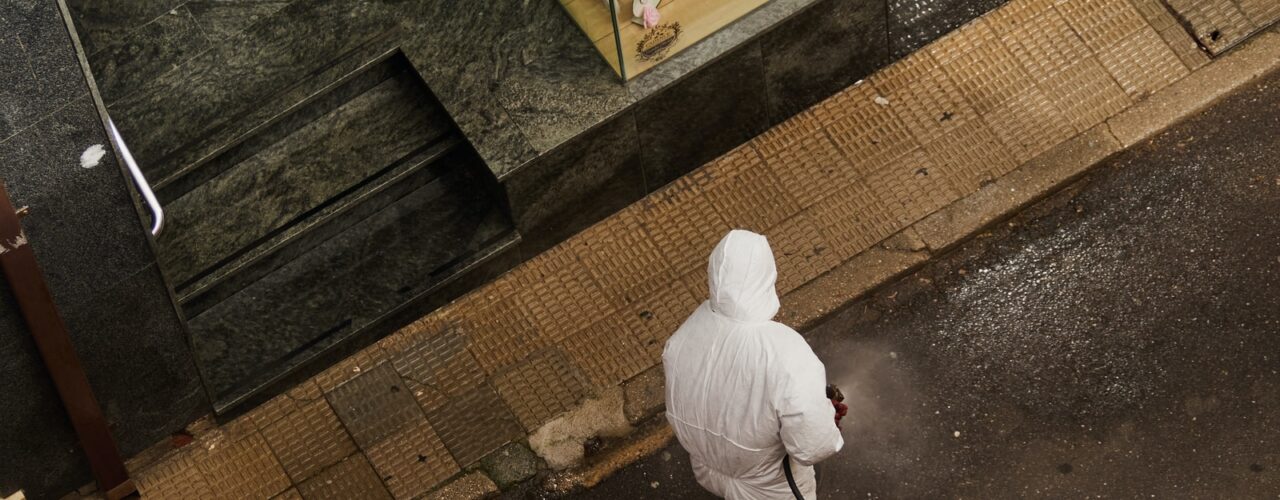
So what?
Continuing to invest in strengthening existing health systems and the speed of vaccine production assumes that the way we have been doing things is still what is needed. New and better systems for detecting and monitoring potential health threats when the first person becomes sick as well as enforcing the protection of habitats for wild animals will help shift to a more preventative model to keep people well. The challenge is justifying prevention because when it is working, it looks like there is no threat, when it is actually managing the threats more effectively. What other areas use prevention models that might inform might be helpful to apply to health?




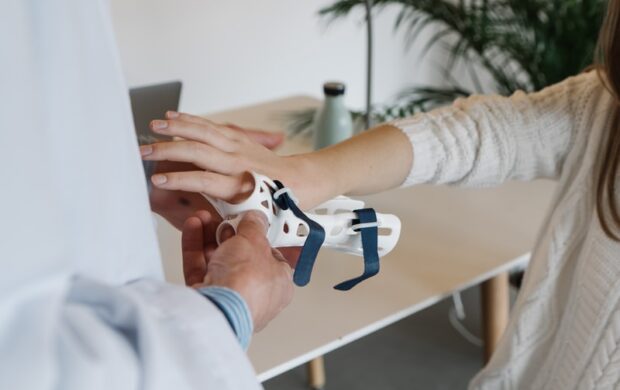

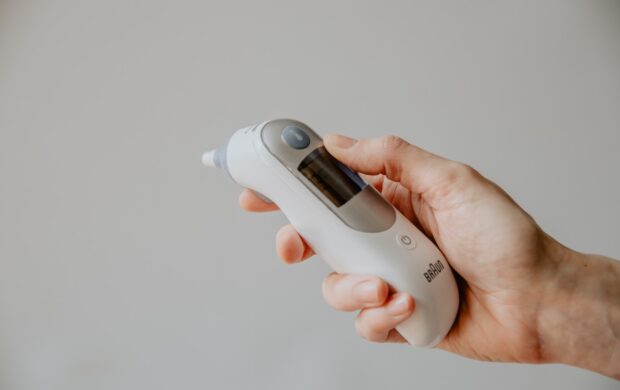
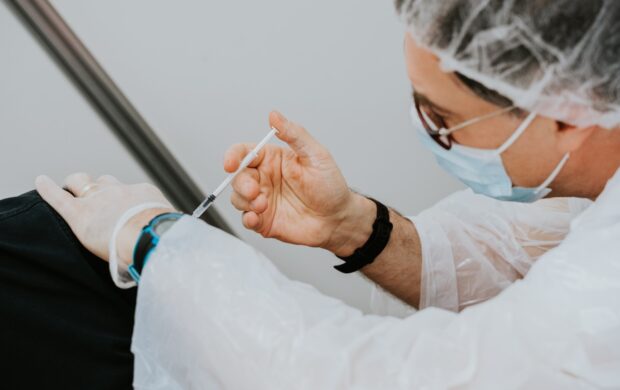


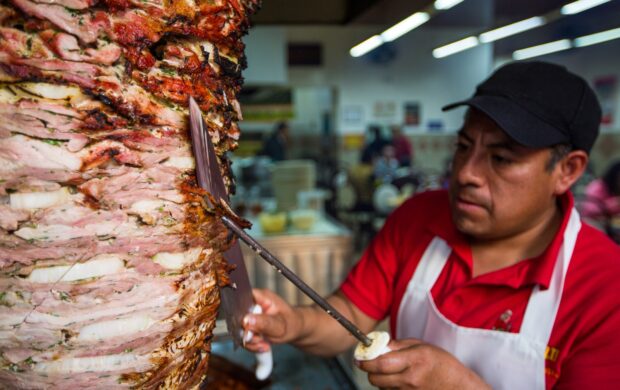
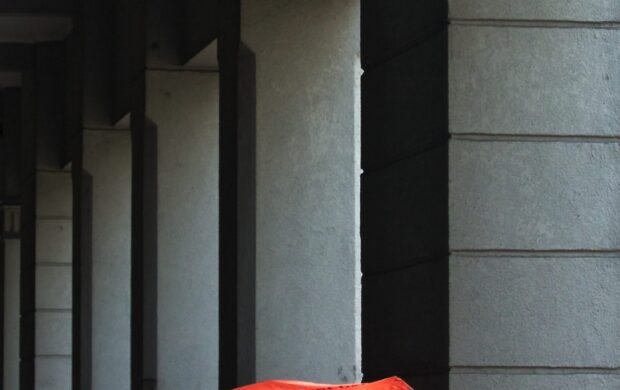
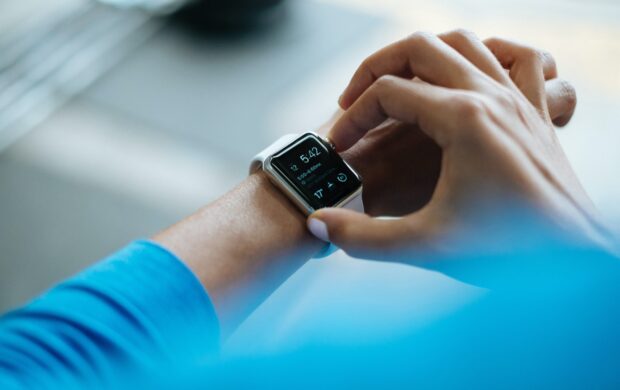
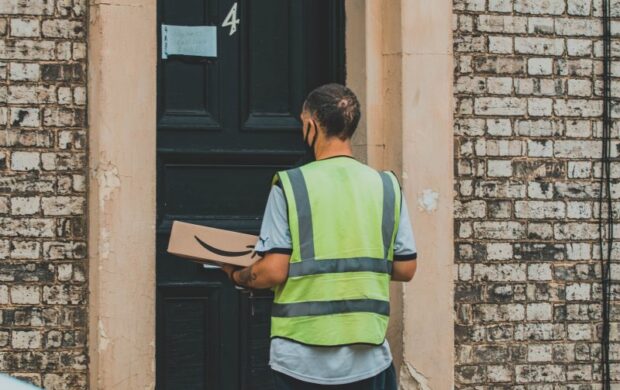
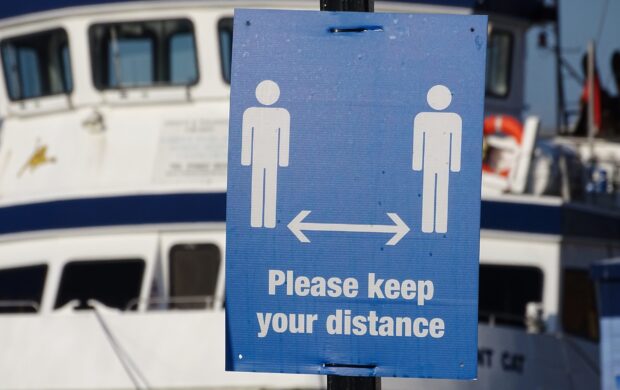


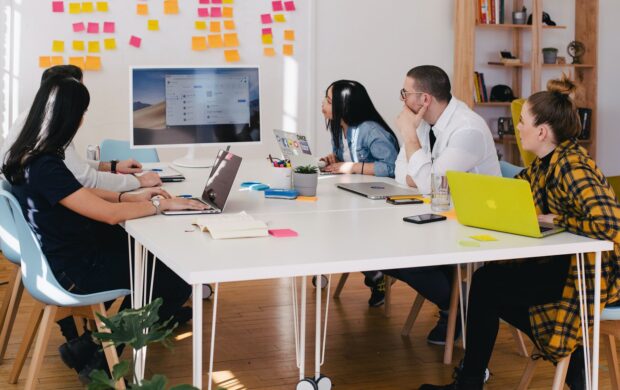

Join discussion